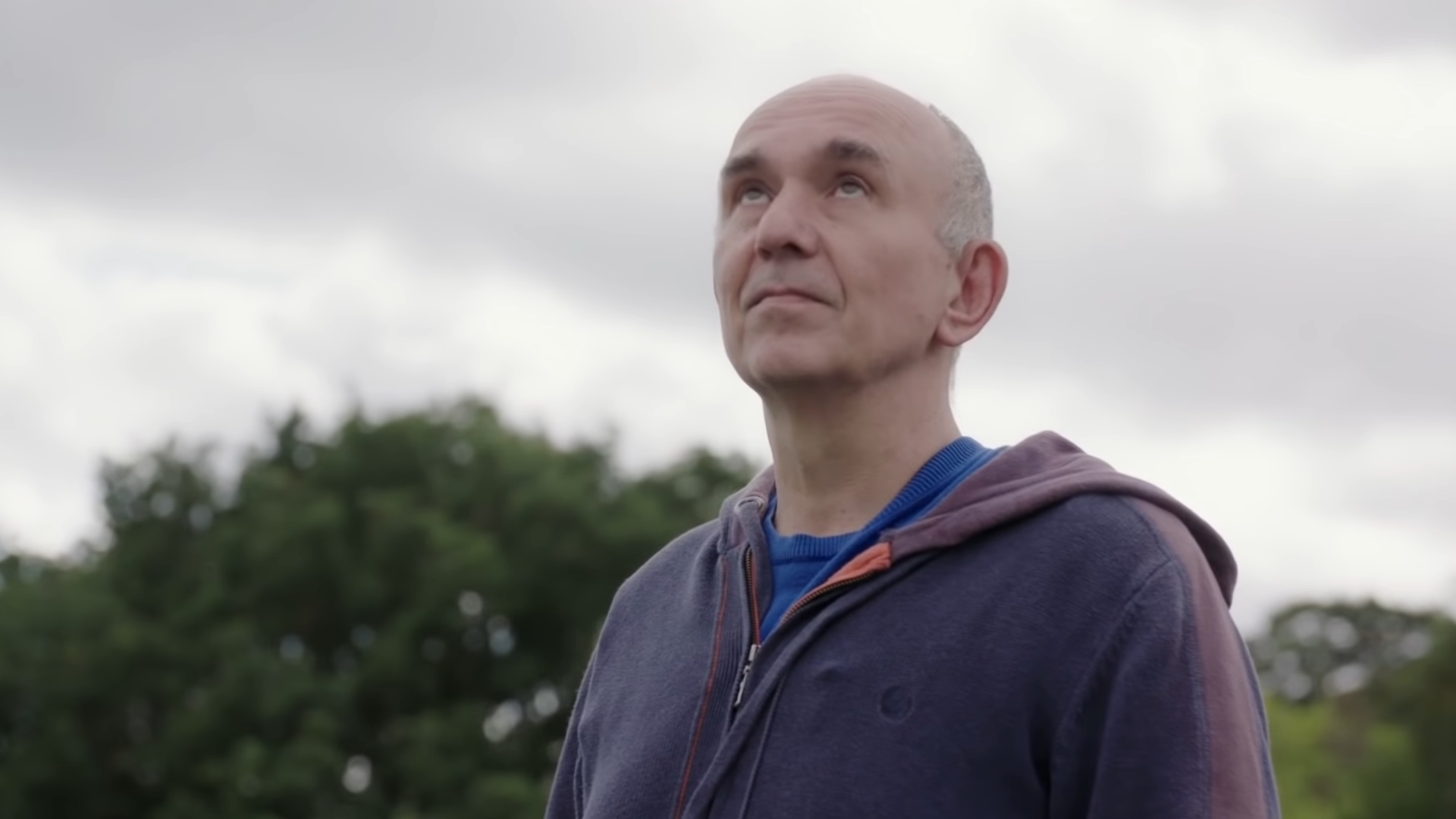Controversial game designer Peter Molyneux wants to prove that not 'everything I say is a promise that's going to be broken'
Going back to his roots as a coder, his new blog is an attempt to shake some of the bad press he's garnered over the years.

It's been a while since we've heard from Peter Molyneux, the mind behind the original Fable and Theme Park games, whose experiments with blockchain games and other shortcomings around promises made have seen his reputation take a few hits over the years. Perhaps worst of all, this is the man that promised us acorns that sprout into oak trees in Fable, but that never manifested.
The betrayal, it still stings.
Speaking to GamesIndustry.biz, Molyneux goes into some detail about what he's been doing since the controversy around his game, Curiosity, cooled off. This was a game that promised to deliver a life-changing experience for the winner, but instead left them feeling disappointed, and has been a source of much contention for his work over the years.
"The press used to take up an enormous amount of my time," says Molyneux. After a while, though, everything suddenly died down and he was left wondering what to do with his spare time.
"What I decided to do was return to being a coder. So I've been working on my code for a long time, and that's a lot more where I started from. I started as a coder rather than a designer. And, I'm absolutely adoring it. I love it, but it does make me a lot more introverted."
Right now, Molyneux is working on a game called MOAT, which is set in the world of Albion—the same world that the Fable series is based in. He's keeping people updated via his new blog, and while the blog goes into more details about the game, he's a little coy speaking to the interviewer about it.
"Today, every sentence, every word is analysed and broken down and people say, 'Well, the game must be this and the game must be that.' But the journey of an idea from the first moment of thinking 'Wouldn't it be cool to do a game about something?' to actually getting the game into production is a very long and involved journey," he says.
Keep up to date with the most important stories and the best deals, as picked by the PC Gamer team.
"I used to love exploring ideas with people before a game was finished, and that was my kind of trademark but it got me into a lot of trouble."
Speaking about his blog, he notes that "Really, it's trying to counter the whole notion that everything I say is a promise that's going to be broken."
Really, it's trying to counter the whole notion that everything I say is a promise that's going to be broken.
Molyneux
When asked what he would change if he could go back in time, Molyneux mentions a couple of things.
"I would go back and I would say, in Curiosity's sake, what was inside the cube. That was me being insanely naïve. I was thinking that if I just say there's something mysterious inside the cube, then is that going to be more motivating than saying what it is.
"Secondly, I would never have said anything about acorns and oak trees in the Fable world."
Of course, the interviewer went on to ask about the disappointment of Curiosity's winner. They were met with Peter's understanding of the resolution, in that, "We just honoured it, but I think it would have been my 'get out of jail free card' with Curiosity if I'd said, 'right, here's what's in the centre and it's up to you to get there'."

Screw sports, Katie would rather watch Intel, AMD and Nvidia go at it. Having been obsessed with computers and graphics for three long decades, she took Game Art and Design up to Masters level at uni, and has been rambling about games, tech and science—rather sarcastically—for four years since. She can be found admiring technological advancements, scrambling for scintillating Raspberry Pi projects, preaching cybersecurity awareness, sighing over semiconductors, and gawping at the latest GPU upgrades. Right now she's waiting patiently for her chance to upload her consciousness into the cloud.

